You are certainly aware that meditation is an efficient technique for relaxing, but it may also be utilized for a variety of other objectives.
Regular mindfulness practice may assist if you're attempting to boost your confidence; self-assurance is one of the most critical factors for happiness and success. It increases your motivation and energy. It assists you in achieving your objectives. It can even improve your relationships and your health.
Do you want to be more confident in yourself and your ability to deal with life's challenges? Discover how to utilize meditation to increase your self-esteem and confidence.
Meditation May Help You Be More Conscious
Self-doubt can limit your experiences and prospects if you avoid taking chances. Meditation gives you a secure area in which, to be honest, and courageous about yourself and your behaviors.
Try the following strategies:
- Examine your entire body. Your confidence is affected by your posture. Begin your meditation practice by sitting tall and breathing deeply. Assess yourself from head to toe for any signs of pain. Try squeezing and then releasing your muscles.
- Let go of your preconceived notions. Take note of your thoughts and sensations without judging them. Accept both your strengths and flaws.
- Examine your preconceptions. Do you cling to obsolete notions that limit your potential? Examine your regular reactions and try more positive techniques to rewire your mind.
- Make deliberate choices. It's all too easy to find yourself drifting along on autopilot. Mindfulness practices assist you in taking control of your life.
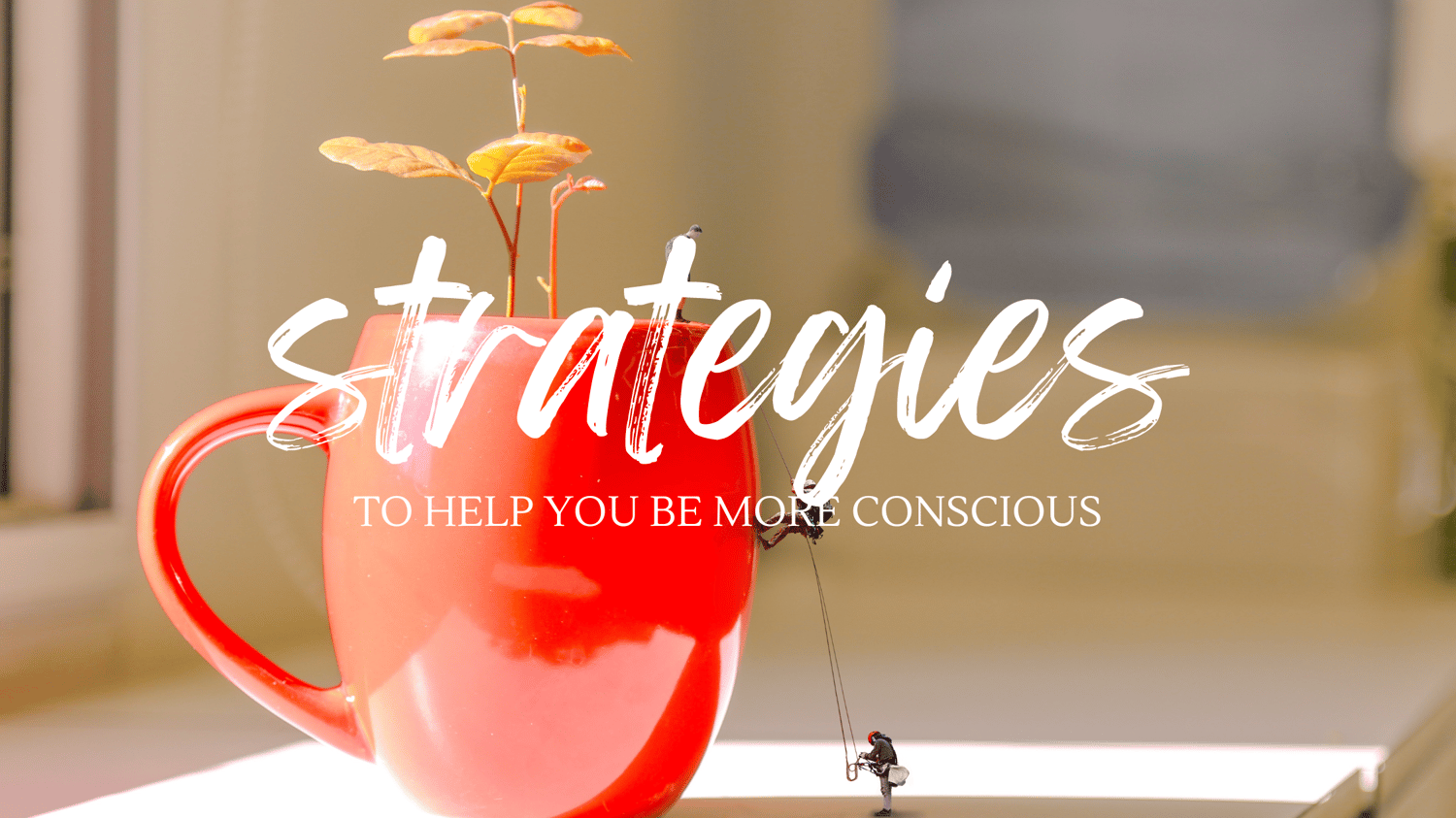
Compassion can be generated through meditation.
You can be weakening your own self-esteem without even realizing it. Paying attention to your ideas allows you to change the way you treat yourself.
These approaches can assist you in being kind to yourself and increasing your confidence:
- Modify your inner dialogue. How does your internal dialogue sound? Replace harsh messages with more positive feedback.
- Mantras should be chanted. Reciting uplifting words and phrases has been shown to help people stay focused during meditation. Create your own affirmations or look for inspiration in texts and self-help books.
- Take care of yourself. Making time for regular meditation is an excellent approach to begin investing in your confidence and well-being. Include good diet, frequent exercise, and restorative sleep in your daily routine.
- Seek assistance. Childhood experiences and other circumstances might make it difficult to be compassionate towards oneself. If you want further support, consider listening to guided meditations or speaking with a therapist.
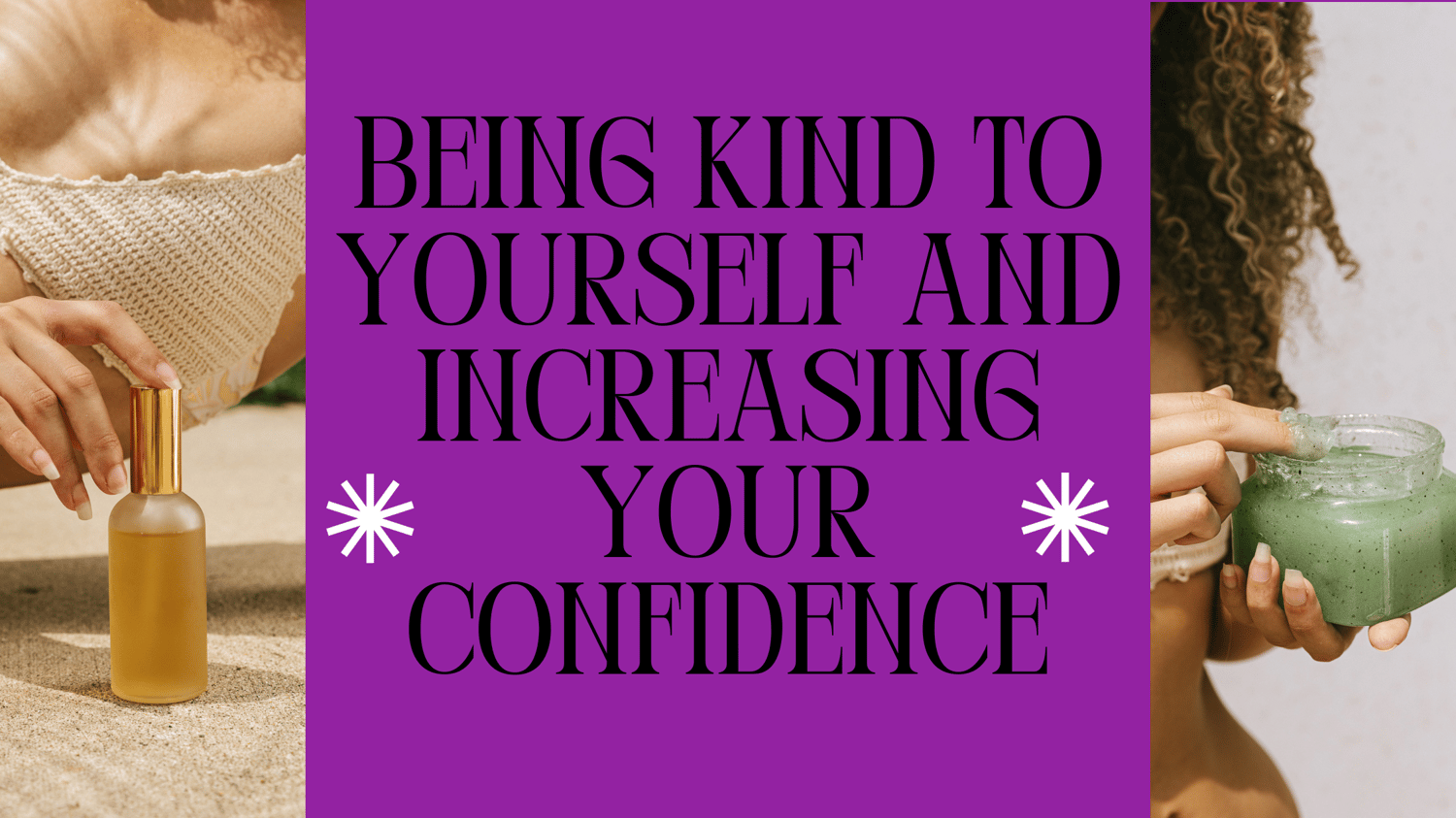
Using Meditation to Get More Done
Real confidence comes from inside, and acknowledging your accomplishments may help. Meditation helps you to be more conscious in your daily life, which may help you flourish in both your personal and professional life.
Consider the following suggestions:
- Take it easy. The stress of hurrying about might undermine your self-esteem. Meditation encourages you to move more thoughtfully, so you'll probably do more with less effort. Choose your priorities and pare down your to-do list. To avoid burnout, take pauses throughout the day.
- Convey your appreciation. Being grateful makes you feel safer and more connected to others. You'll be more willing to take calculated chances and attempt new things. Your kind and comfortable demeanor will also make it simpler to work with others.
- Continue to practice. Change is typically a slow process. Be gentle with yourself as you gain confidence. Anticipate some setbacks and regularly assess your progress. You'll probably discover that meditation is more beneficial some days than others. As long as you keep trying, you'll be a success.
- Create equilibrium. Meditation allows you to see the broader picture. Your confidence and peace of mind will grow as you balance the many parts of your life.
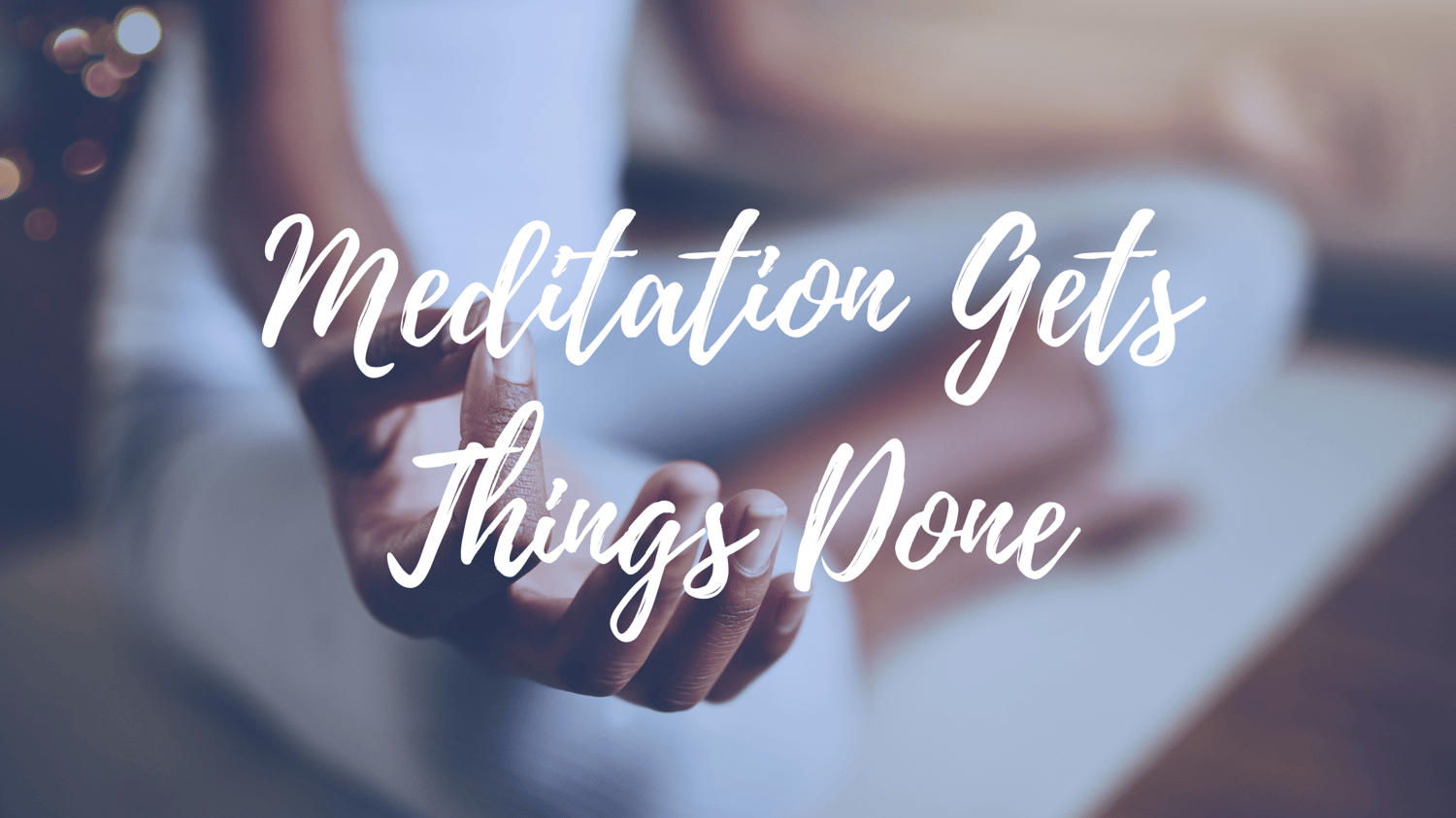
Meditation may boost your self-esteem significantly. When you accept and adore yourself for who you are, your life becomes richer and more fulfilling.
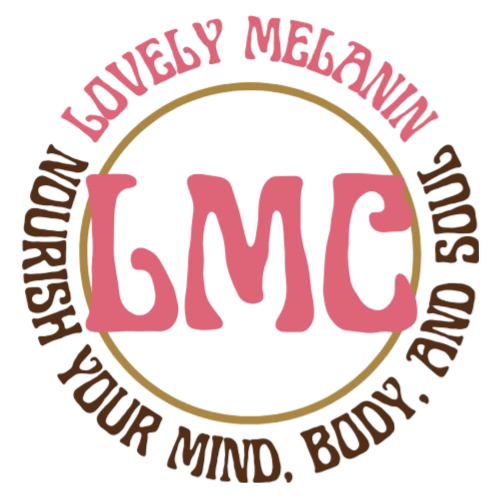

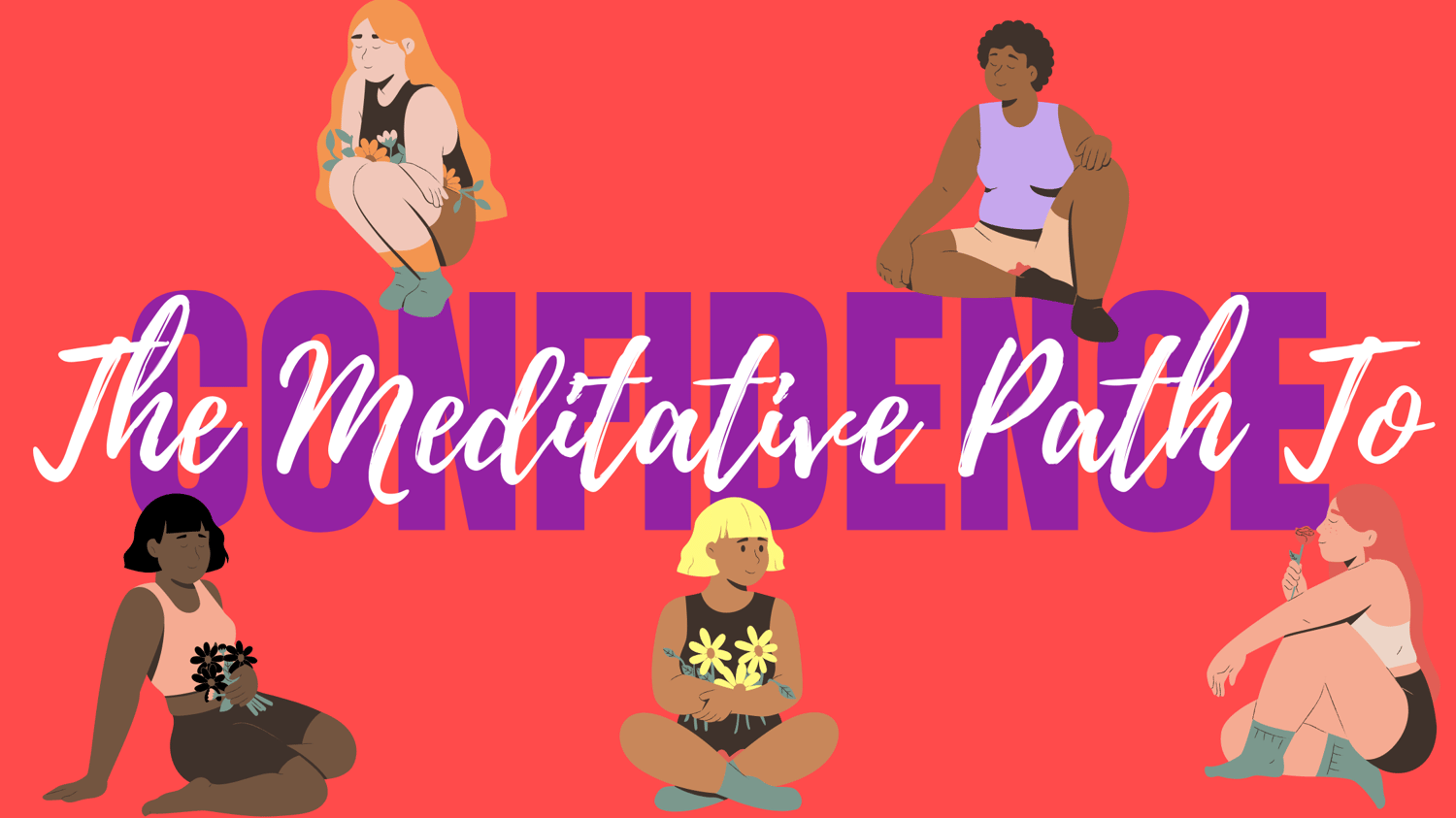


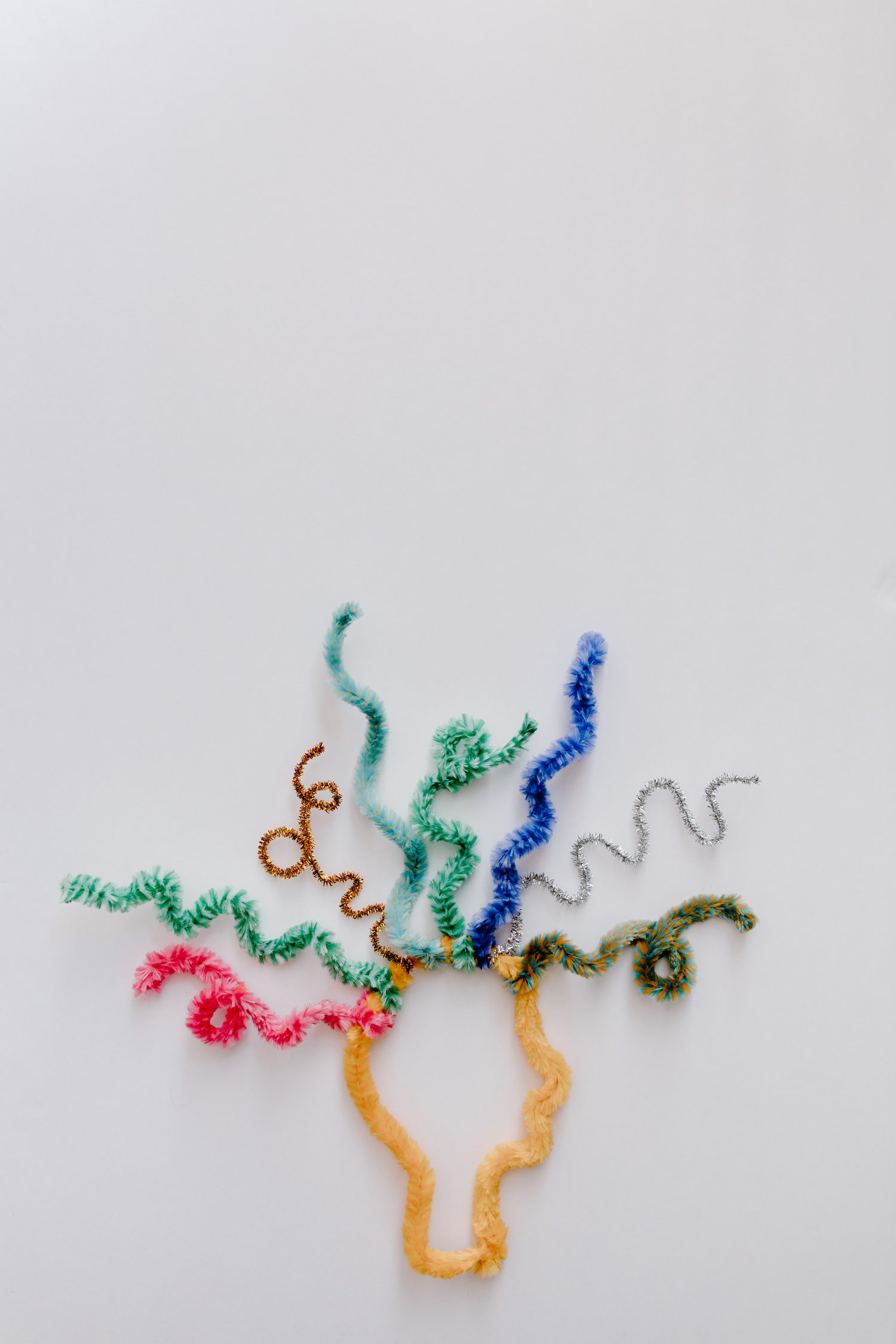



Comments ()